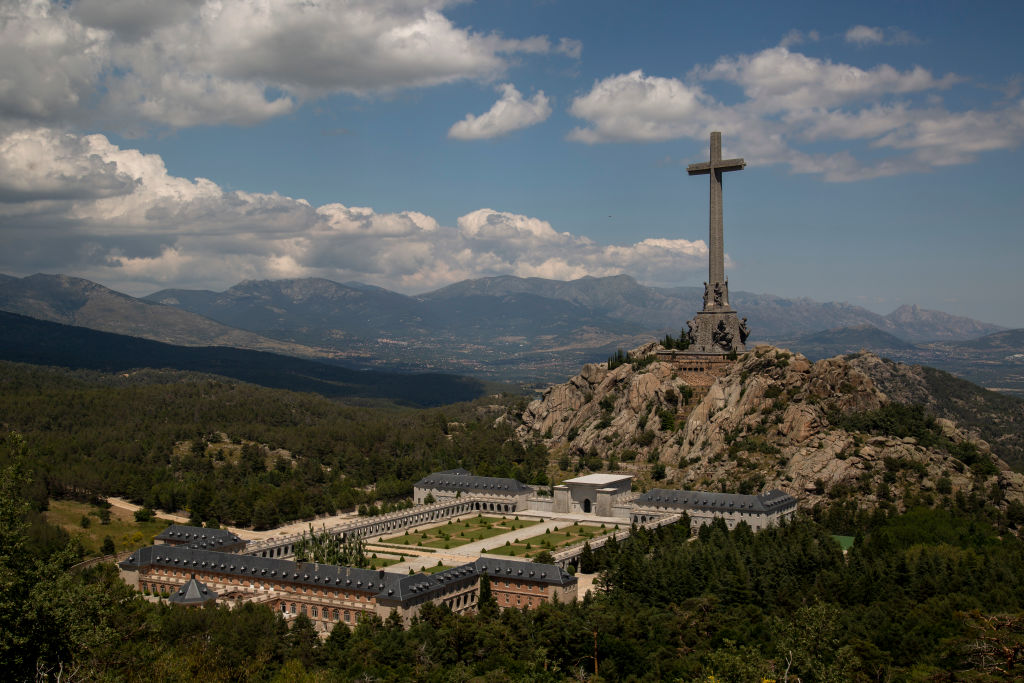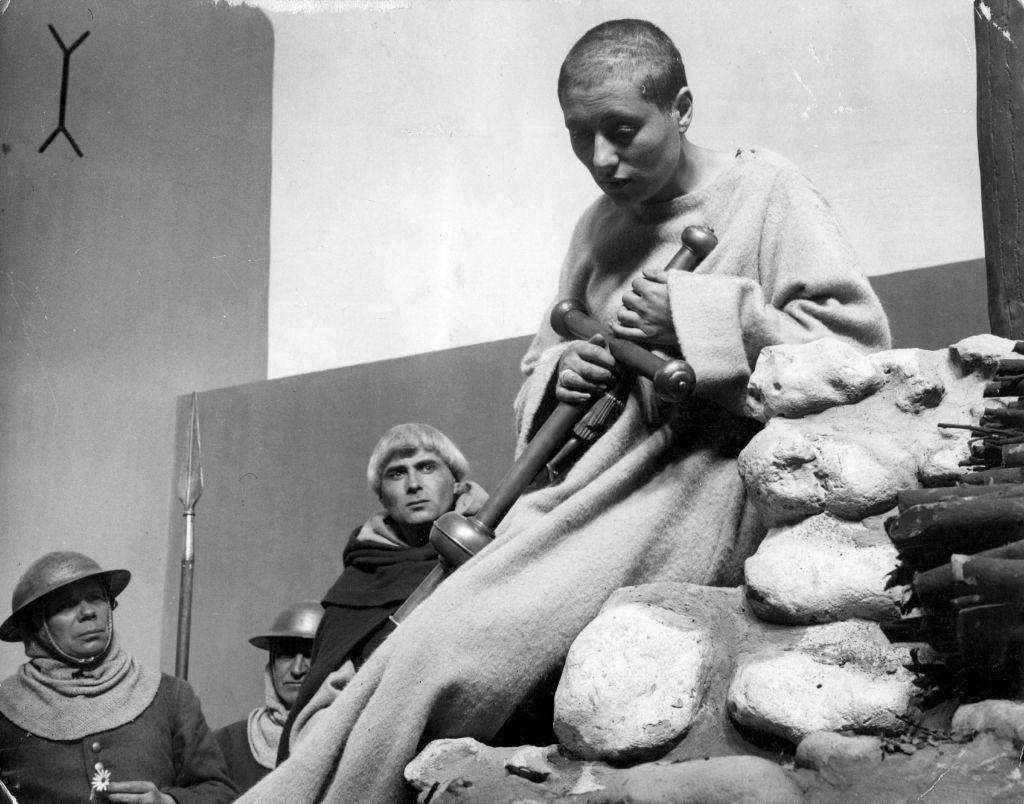An old Irish proverb describes how a stranger asks an elderly countryman for directions to a certain place: “If that’s where you want to go,” comes the reply, “I wouldn’t start from here.”
The same with the EU: its ideal start-point would probably have been fragments of the Russian/Prussian/Habsburg empires whose histories are so intense and tortured – namely the Visegrad Four of Czechia, Slovakia, Hungary and Poland. If they could conjure from a commonly sordid past of murder, ethnic-cleansing and forcible population transfers the harmonious present that they have today – or so it seems to this outsider – what better template for the rest of Europe?
But of course, history is immune to even minor alterations. It is like a wall-mosaic whose parts are mutually-supporting; remove one piece, and the entire thing might fall asunder. What is lost? One piece? Two? The lot? So an “alternative history” as a template for understanding how to end the catastrophe of the war in Ukraine is a fool’s gold. In recent times, powerful voices in the US, such as Tucker Carlson, have used a fictional British history for 1940 as a model for ending the Ukraine war. In this invented scenario, Britain ends the war, and all is well.
Okay, so change Britain’s policies. What do you get in the long run? You don’t know. It could well be far worse than what we have, namely an EU whose member states are colliding with the ideological iceberg that is Brussels. Meanwhile the emergence of the Visegrad Four seems to offer more interesting options, some of which exist largely because of the events of 1938-40. Slovakia, for example, was widely vilified for having become a Nazi puppet state. Fine – yet it was Slovakia’s press that first revealed the existence of the Auschwitz extermination-camp, complete with gas chambers and furnaces. This led to the rapid closure of most of the other Nazi death-camps, arguably saving tens of thousands of Jewish lives.
“Arguably” is the crucial word: for history is never simple. Poland, for example, had been Nazi Germany’s ally in the dismembering of Czechoslovakia in 1938, thereby gaining control of the Czech town of Český Těšín. Moreover, Poland’s anti-Semitic laws were so draconian that many German-born Jews even fled back to Nazi-governed Germany. So, Poland was an odd country for which the United Kingdom would go to war in 1939. But Poland was not the issue. Germany was: how else was it to be contained? By an Anglo-French alliance in support of Poland.
Yet within eighteen months of the outbreak of war, the Royal Navy sank the French fleet at Oran, and an Australian-led army defeated French forces in Lebanon and Syria, with Victoria Crosses going to two Australian soldiers for killing Frenchmen. It was also while fighting the French in a British Army uniform that the later Israeli war-hero Moshe Dyan lost an eye. By 1945, the highest scoring French fighter-ace had shot down as many British aircraft as German. Not merely were such events wholly unpredicted in 1939, history books barely mention them.
Likewise, most British people still believe that in 1940 Britain lay defenceless before the threat of invasion. In fact, not merely was a German invasion completely impossible – the Kriegsmarin had neither landing craft nor any commissioned battleships while possessing just half a dozen destroyers – by late June, the British Army had been reequipped by the US Army with over 500,000 rifles, 130 million rounds of ammunition, nearly 40,000 Lewis machine guns and 400 rapid-firing 75 mm field guns. That is, most of the infantry and light artillery losses at Dunkirk had been more than made good. However, the largely phoney drama created by Churchill in 1940 has succeeded all too well: the unfounded fear of a German invasion still endures in the British imagination. An equally baseless myth is that Roosevelt’s New Deal ended the curse of the Great Depression, whereas it was war-orders from Britain that did that, the last debts for which were only paid off in 2006.
Anyway, what offer could the Nazis have made in 1940 that they might not then have reneged on or have rendered politically and morally unsustainable by their deeds to the east? Nobody in London doubted that the Nazis would sooner or later turn on the Soviet Union, or vice versa. Holding steady made more sense than committing to a passivity that in essence would psychologically disarm the British people as well as becoming a major strategic asset for Hitler. Only in children’s board games can war-moves be free of evil consequence.
On January 30th, 1939, Hitler publicly promised that in the event of a world war, he would exterminate Europe’s Jews. That world war had finally begun with the attack on Pearl Harbour on December 7, 1941, but by then the extermination of the Jews of the Baltic states, Ukraine and Byelorussia was well underway, using the SS, the regular German army and special “order police”. This procedure was so inefficient and time-consuming and yes, wearing for the murderers, the poor dears, that the Nazis sought alternatives. The very day after Pearl Harbour, December 8, 1941, the Chelmno death-camp in western Poland welcomed its first Jewish guests. Within four months, more than 50,000 Jews had been gassed there, meaning that the infamous Wannsee conference of January 1942, which allegedly began the industrialised phase of the Final Solution, was really about timetables and team-building.
In other words, a UK exit in 1940 would have made the British passively complicit in these atrocities. Moreover, what of the war in the Far East? Might not the British, now able to reinforce their garrisons in Singapore, Malaya and Burma, have repelled the Japanese invaders with their armour, a form of warfare that the Japanese never mastered – hence their rout by Soviet forces in Manchuria in 1945? Thus is opened an entirely new history.
This brings us to the defining fault of any alternative history: the sheer complexity of historical events. This was especially true in the 1940s, which was populated by a unprecedently-evil crop of men: Stalin, Beria, Goebbels, Himmler, Hitler, Mao, Ho Chi Minh, Mussolini, Molotov, Le Duc Tho, Eichmann, Bach Zelewski and so on. So, fiddle with history if you will, but all you’ll achieve is to make room for other evil men whose ruthless inventiveness will outwit any scheme of your devising.
History also involves tiny invisible people who have long since vanished over the event horizon. Over forty thousand civilians died in the German bombing blitz of British cities in 1940-41, while in reply, obsolete British bombers scattered bombs randomly over German fields hoping to hit a city and maybe kill a German: a child even. On the night of April 17/18, 1941, 84 years ago last week, an RAF Hampden bomber got lost after a “raid” on Berlin, or more probably, on an unpeopled Potsdam potato patch. The fuselage of this pathetic, unheated and toiletless little aircraft was just a metre wide, with its crew being confined to their tiny seats throughout the long hours of an operation. On this dreadful night, his wireless apparently gone, the hapless pilot blindly steered his homeward-bound aircraft over the North Sea, above the unseen expanses of Britain and then towards neutral Ireland. The terrors of the four crewmen in that droning dark must have been beyond excruciating. They knew they were lost in that vast and all-enveloping blackness as their hell continued, until their plane met its final appointment with the Black Mountain in County Wicklow, and all perished.
Last week, on the 84th anniversary of the deaths of these boys, aged 19 to 21, I stood at their graveside near my home and wished them and their loved ones well – oh, a futile gesture, I know. I then got into my car and turned on the radio, and at that very moment it began to play the opening chords of In Paradiso from Faure’s Requiem. Any film-maker would rightly be ridiculed for inflicting such a contrived and emotive synchrony on an audience, but there it was. Even without such coincidences, we should at least try to impose a moral order on the brave deeds of men defending freedom, as these boys were.
So, sleep easy lads: Europe’s peace was made possible by people such as you. And yet, and yet….
Who today really believes that the fat, unarmed and banqueteering EU that we behold in Brussels today really deserves such unspeakable heroism?
Kevin Myers is an Irish journalist, author and broadcaster. He has reported on the wars in Northern Ireland, where he worked throughout the 1970s, Beirut and Bosnia.





An American finally acts against the Chinese and their outlaw state